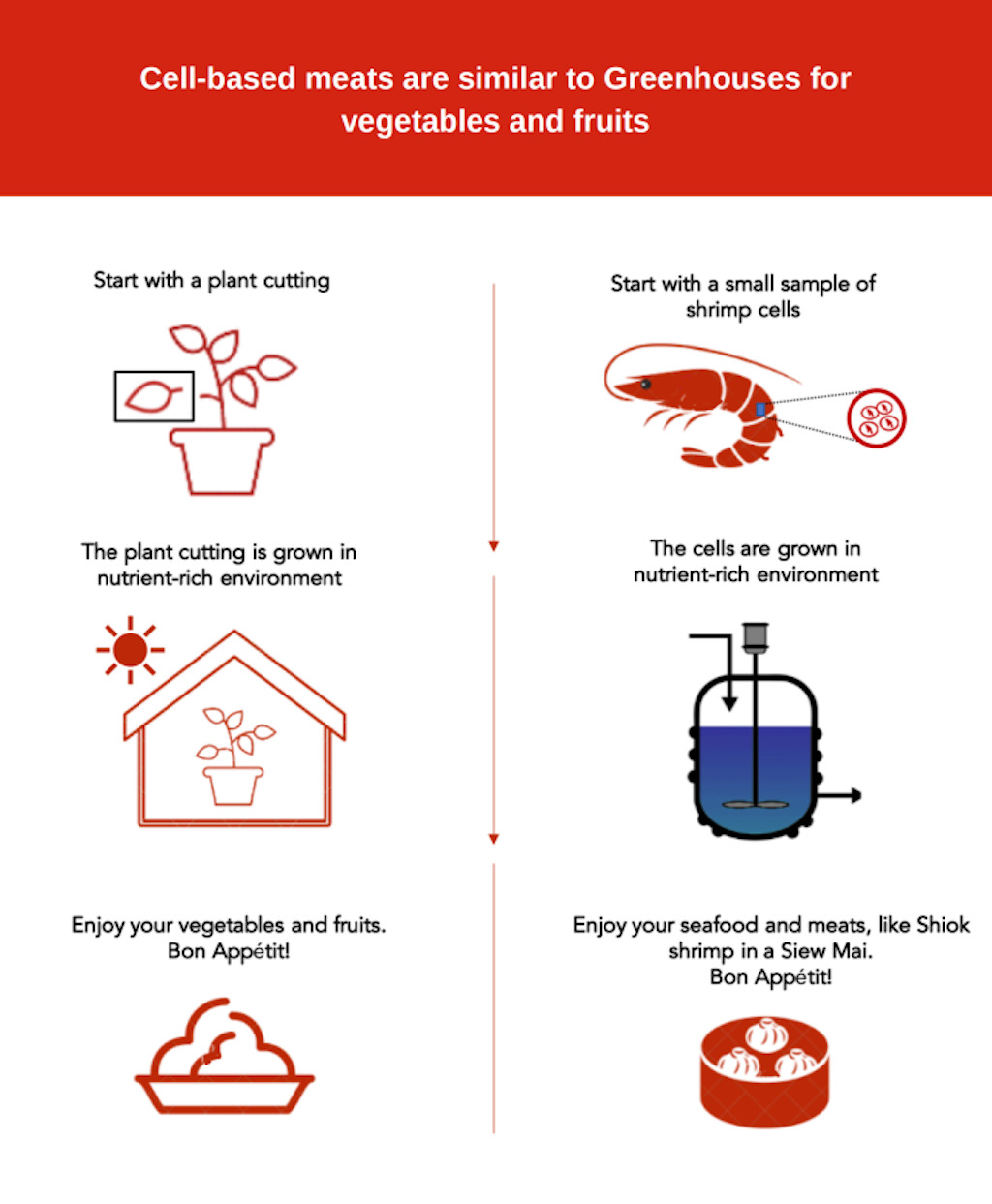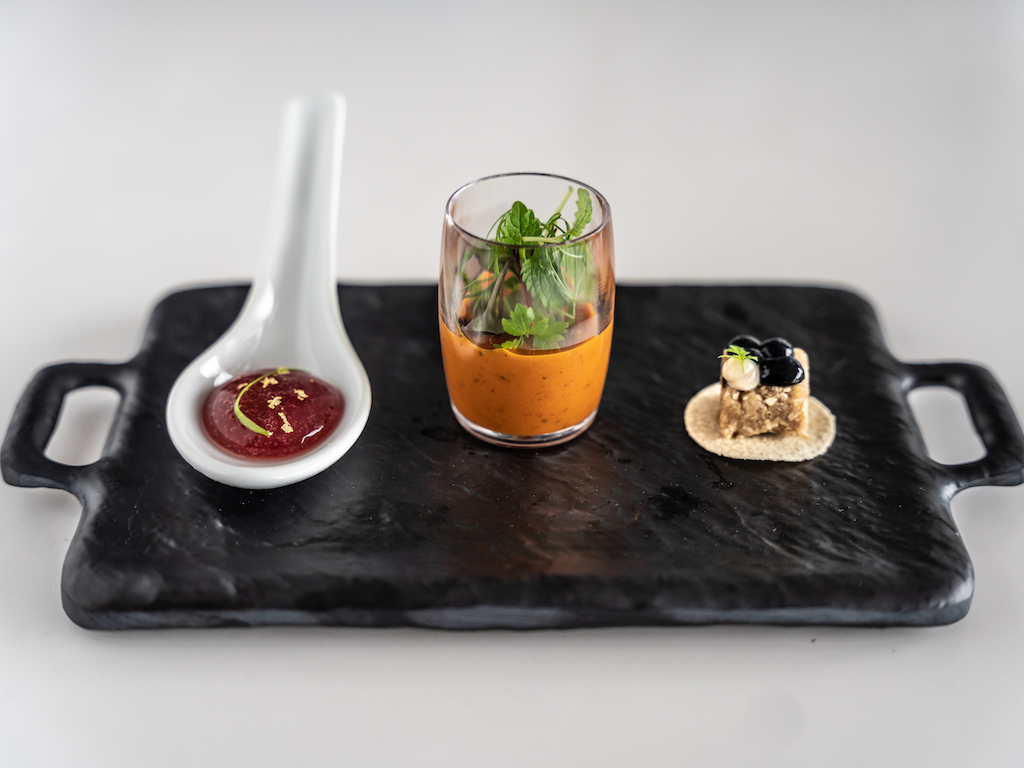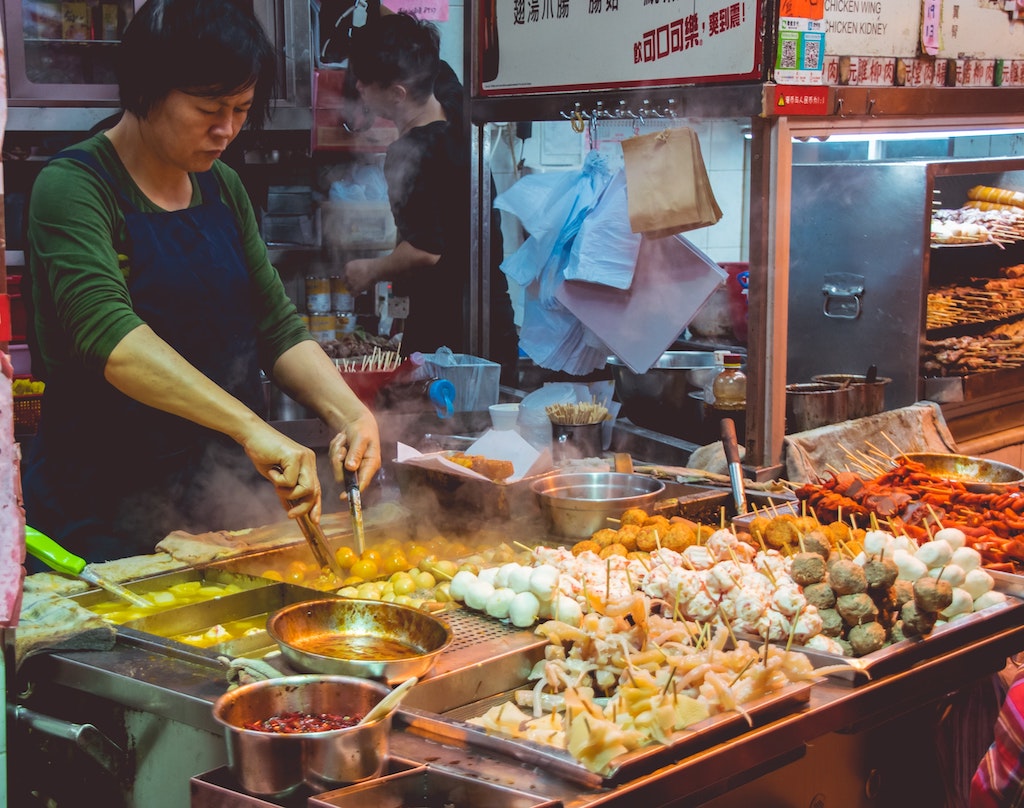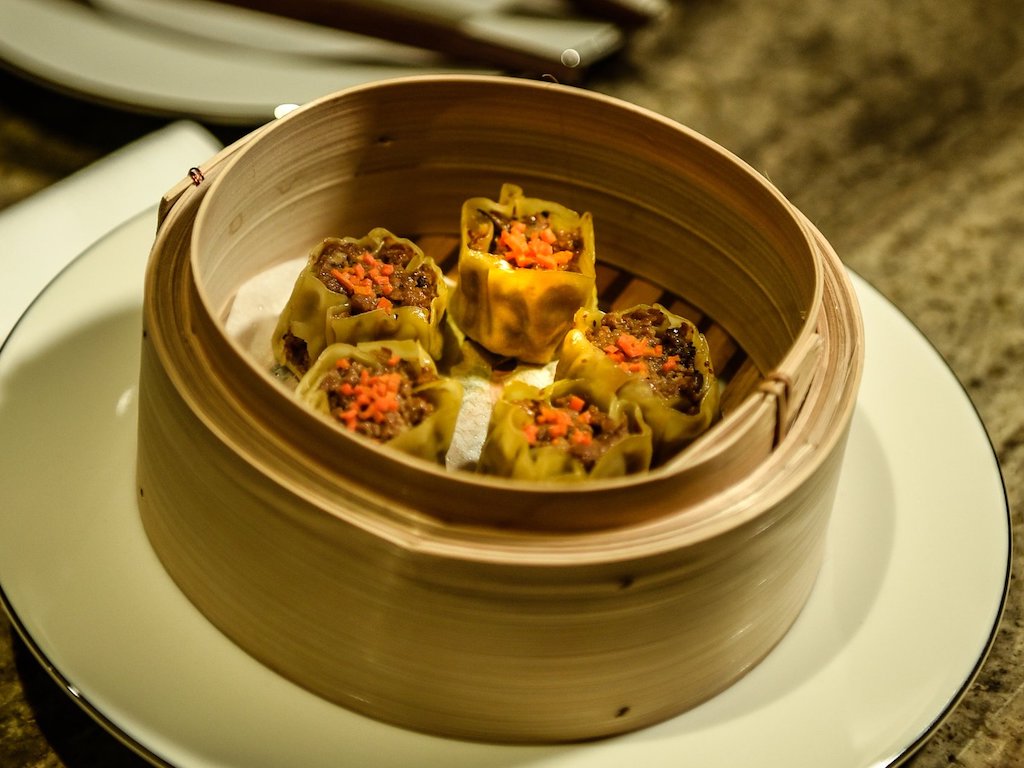5 Mins Read
More than 95% of people in Hong Kong are willing to try cell-based proteins, a new study has revealed. The research, conducted by Singapore food tech Shiok Meats, found food safety concerns were the biggest motivator among Hong Kong residents, with sustainability reasons also a top driver.
An overwhelming majority of Hong Kong residents say they are interested in trying cell-based meat and seafood because of food safety and the environment, finds a new consumer survey. The poll was conducted by Singapore cell-based seafood startup Shiok Meats using a third-party survey tool, drawing on data collected from a representative sample of 1,209 participants in the city aged between 15 and 65.
Food safety: a top motivator
The survey, which was carried out in early 2021, showed that food safety and security was the top-cited reason for Hong Kong consumers’ interest in cell-based proteins. Of the 95.9% of respondents who said they were interested in cell-based meat and seafood after a simple infographic explainer about the novel alt-protein, 43% cited food safety as their primary motivator.
Sustainability came in second, with the lower environmental impact of cell-based proteins appealing to 40% of the respondents who indicated willingness towards the novel product.

Many of the respondents still ate conventional meat in their diets, with over 46% self-identifying as omnivores, and just over 26% representing flexitarians—indicating that interest in alternative proteins is not only coming from vegetarians or vegans, but mainstream swathes of the population.
Hong Kong consumers already know cell-based meat
The results, which follow on from Shiok Meats’ previous consumer research conducted among Singapore residents, revealed that Hong Kong consumers are generally already familiar with the concept of meat that has been cultivated directly from cells.
In the former Singapore study, Shiok’s research showed that 56% of people in the city-state had prior knowledge of cell-based technology. In Hong Kong, this figure was as high as 87%. Researchers noted that this “may not only reflect the attractiveness of the Hong Kong market but may also indicate the growing consumer awareness of cell-based meat and seafood across APAC,” given the regulatory developments since Shiok’s initial Singapore study carried out in 2020.

In December 2020, Singapore became the world’s first to approve the commercial sale of cultured chicken bites developed by Eat Just, and has in 2021 granted local firm Esco Aster the ability to manufacture cultured animal cells meat for commercial sale.
Shiok’s Hong Kong study showed that consumer awareness of cultured meat was correlated with respondents’ willingness to try the novel product. Nearly two-thirds (63%) of Hong Kong respondents said they would be interested in eating cell-based proteins at least 1-3 times per month—and 20% of this group were open to consuming cell-based meat even more frequently at 1-3 times per week.
“Our survey indicates that the more familiar respondents were with cell-based proteins, the more likely they were to adopt it, reiterating the importance of educating the consumer in this industry,” said the study.

Health-conscious, young females: the early adopters
The survey additionally pinpointed the “early adopters” of cell-based meat and seafood in Hong Kong—the demographic most likely to purchase and consume the novel product, even for a premium as the burgeoning sector, with many startups still in pilot production stage, begins to scale.
In Hong Kong, the early adopters are likely to be females, young millennials and Gen Zs, educated and health-conscious. Millennials, for instance, were willing to pay as much as a 75-100% premium for cell-based products, more than any other generation. Those who are practicing vegans or have already tried plant-based meat substitutes are also more likely to buy and try cell-based meats.
These findings align with Shiok’s Singapore poll, which identified young, well-educated, and sustainability-focused consumers as the early adopters in the city.
Understanding local intricacies

For Shiok, the consumer poll sheds light on the need for cultivated protein companies to consider local differences as they look to expand and export their products in the future. For instance, food security concerns were less prominent among Singaporean respondents, who mainly prioritised the sustainability advantages and were motivated to try cell-based seafood due to curiosity.
“The differing results may also reflect the need for companies to understand the variety of consumer concerns in different markets,” noted the researchers.
Shiok, based in Singapore, says the Hong Kong market will be on the cards for its future trajectory, especially given the city’s extremely high seafood intake rates with shrimp—the food tech’s first cultivated crustacean meat—as the most commonly consumed type of fish. Since debuting cell-based shrimp, Shiok has also cultivated lobster meat, and most recently unveiled the world’s first cell-cultured crab in August.

Aside from Shiok, other cell-based seafood players include Hong Kong-headquartered Avant, which has also set up a base in Singapore, US-based BlueNalu, Wildtype and Finless Foods.
Another Hong Kong-specific intricacy that the study revealed was the strong interest among the city’s consumers when it comes to hybrid proteins. Over 82% of respondents in the poll reported willingness to try products or dishes featuring both cell-based and plant-based ingredients, a finding that researchers said “could lead to significant collaboration opportunities in the alternative protein industry in Hong Kong alone.”
In terms of challenges, cost remains a deterrent for around 50% of Hong Kong residents, while 32% said that the taste of cell-based meat was a concern. Shiok, which has set the timeline to commercialise for 2023, is currently working on getting prices down from the current $3,000 per kilogram required to cultivate crustacean meat to $50 by the end of 2021.
Lead image courtesy of Shiok Meats.




